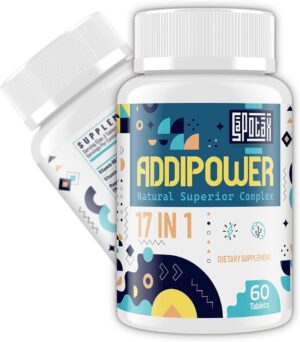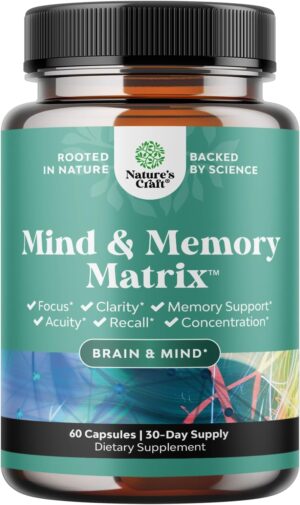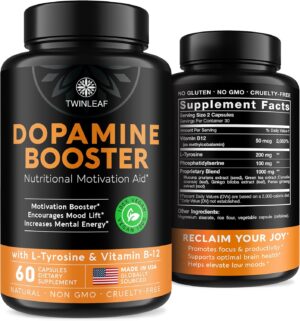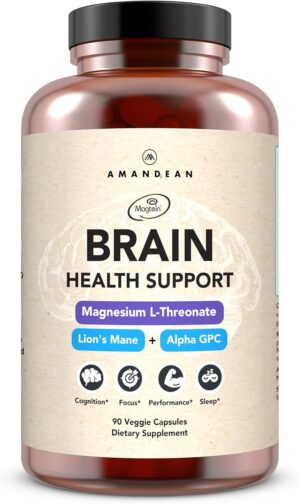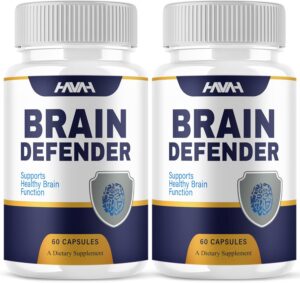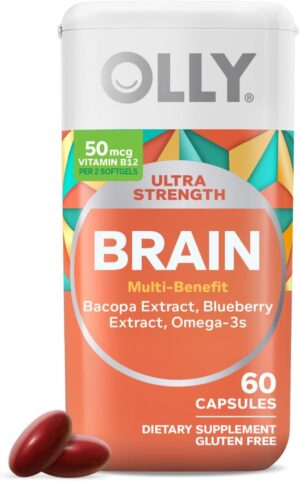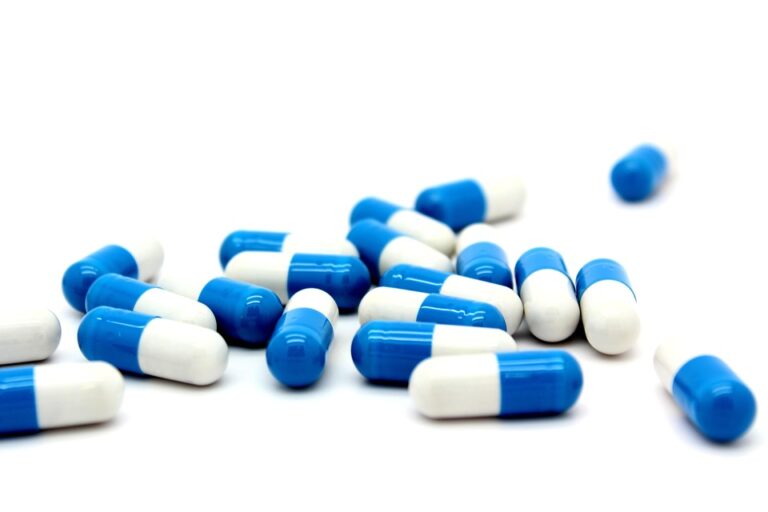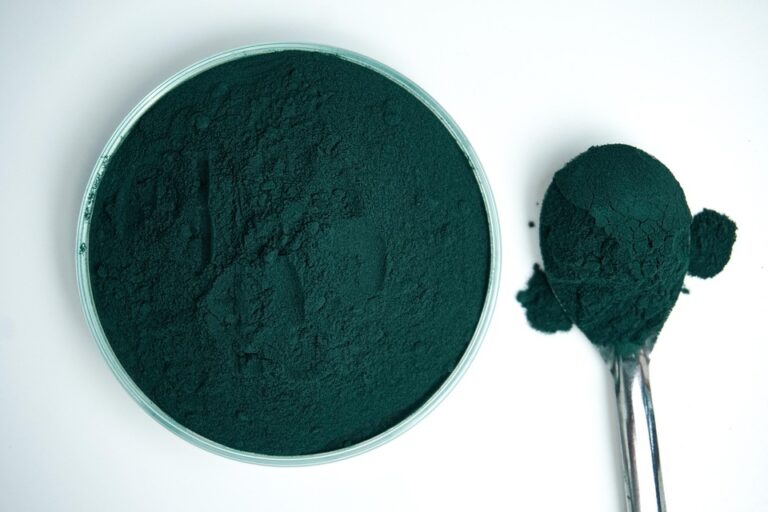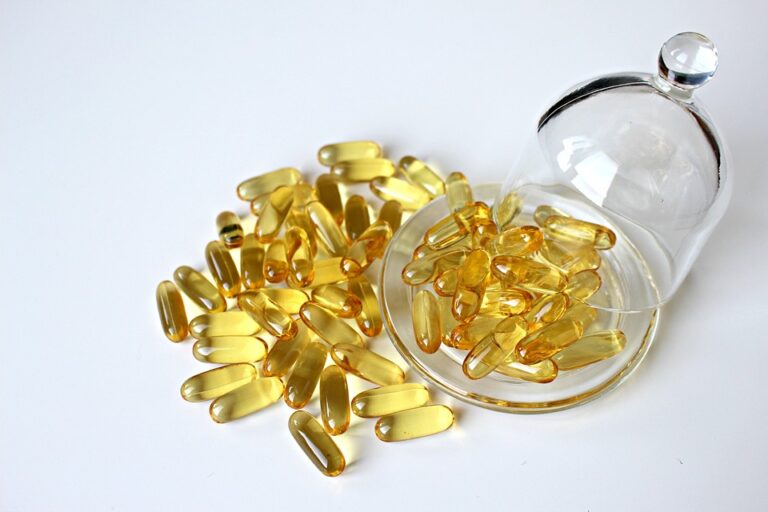Creatine is widely known as a go-to supplement for athletes seeking to enhance strength, power, and muscle growth. However, emerging research suggests that its benefits extend far beyond physical performance—creatine may also play a powerful role in supporting brain health, cognitive function, and neuroprotection.
How Creatine Works in the Brain
Creatine is a naturally occurring compound stored in muscles and the brain, where it helps produce energy in the form of adenosine triphosphate (ATP). During periods of high energy demand, creatine phosphate rapidly regenerates ATP, ensuring that cells—including neurons—have the fuel they need to function optimally.
Since the brain is one of the most energy-demanding organs (consuming about 20% of the body’s energy despite comprising only 2% of body weight), creatine’s role in maintaining ATP levels is crucial for cognitive performance, memory, and overall neurological health.
Cognitive and Neuroprotective Benefits of Creatine
1. Enhances Memory and Mental Performance
Studies have shown that creatine supplementation can improve:
- Short-term memory: In healthy individuals, creatine has been found to enhance working memory and reasoning skills.
- Mental fatigue resistance: Tasks requiring sustained attention and quick decision-making may benefit from creatine’s ability to buffer energy reserves.
A 2003 study published in the journal Psychopharmacology found that vegetarian participants (who often have lower baseline creatine levels) experienced significant improvements in memory and intelligence test scores after supplementing with creatine for six weeks.
2. Protects Against Neurodegenerative Diseases
Research suggests that creatine may help counteract cognitive decline in conditions like:
- Alzheimer’s disease: By improving mitochondrial function, creatine may reduce oxidative stress and amyloid-beta toxicity.
- Parkinson’s disease: Animal studies indicate that creatine supplementation can protect dopamine-producing neurons, potentially slowing disease progression.
- Huntington’s disease: Early trials suggest creatine might help delay motor and cognitive deterioration.
3. Supports Brain Recovery and Resilience
- Traumatic brain injury (TBI): Creatine has been shown to reduce neuronal damage and improve recovery in preclinical models of brain injury.
- Stroke recovery: By stabilizing ATP levels, creatine may help protect brain tissue from ischemia (oxygen deprivation).
4. May Help with Mood and Mental Health
Growing evidence suggests creatine could have antidepressant effects, particularly in women. A 2012 study in the American Journal of Psychiatry found that creatine supplementation, when combined with antidepressants, accelerated treatment response in women with major depressive disorder.
How to Use Creatine for Cognitive Benefits
- Dose: Studies on brain health typically use 3-5 grams per day of creatine monohydrate.
- Timing: Since creatine saturates muscle and brain stores over time, consistency is more important than timing.
- Form: Creatine monohydrate remains the most studied and effective form.
- Side Effects: Generally well-tolerated, but high doses may cause mild gastrointestinal distress in some individuals.
Conclusion
While creatine is best known for its muscle-boosting effects, its neuroprotective and cognitive-enhancing properties are gaining scientific validation. From improving memory to shielding the brain from age-related decline, creatine is emerging as a promising nootropic supplement. Whether you’re an athlete, student, or aging adult looking to preserve mental sharpness, creatine may offer a simple, science-backed way to support brain health.
Would you consider adding creatine to your cognitive support stack? Share your thoughts!
References:
- Rae, C., et al. (2003). Psychopharmacology
- Lyoo, I. K., et al. (2012). American Journal of Psychiatry
- Bender, A., et al. (2008). PLoS One
(Always consult a healthcare professional before starting new supplements, especially if you have medical conditions.)


